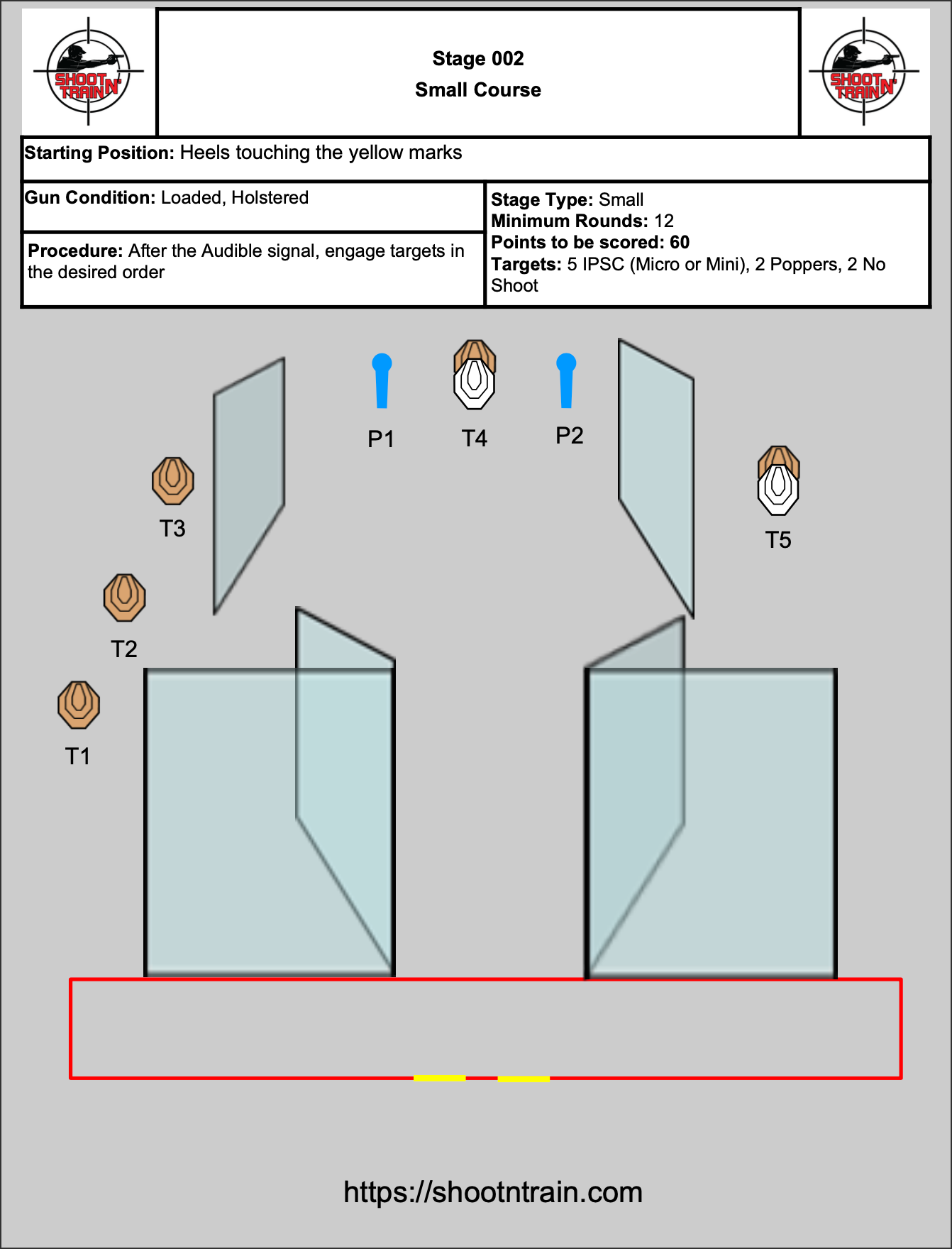Introduction
In the world of IPSC (Worldwide Practical Shooting Confederation) competitions, accuracy and method are vital for success. To sharpen these abilities, shooters often turn to action air targets. These targets not just provide a realistic shooting experience however also offer different benefits in terms of training, equipment, and general performance improvement. In this short article, we will explore the significance of enhancing strategy and precision with action air targets in IPSC competitions.
The Significance of IPSC Competitions
IPSC competitors have actually acquired enormous popularity among shooting enthusiasts worldwide. These events obstacle participants to display their shooting skills under different situations that simulate real-life circumstances. From speed drills to precision shots, IPSC offers a detailed platform to test one's capabilities. To excel in such competitors, shooters require to continually fine-tune their methods and enhance their accuracy.
Enhancing Strategy and Accuracy with Action Air Targets
Action air targets play a critical function in improving technique and precision for IPSC shooters. Let's look into the various ways these targets contribute to a shooter's development.


1. Reasonable Shooting Experience
Action air targets closely imitate real-life shooting circumstances, supplying shooters with an extremely reasonable experience. These targets are developed to duplicate human shapes and movements, providing a vibrant training environment that mimics possible hazards or self-defense circumstances. By practicing versus action air targets, shooters can much better prepare themselves for the unpredictability they may come across during IPSC competitions.
2. Instantaneous Feedback
One of the key advantages of action air targets is the instant feedback they supply to shooters. Whether it's through visual cues or audible indications, these targets provide instant information on shot positioning and precision. This feedback allows shooters to quickly identify areas for improvement and make needed changes in real-time. With each shot fired at an action air target, shooters can improve their methods and strive for greater precision.
3. Target Variety
Action air targets come in numerous shapes, sizes, and problem levels. From static targets to moving ones, shooters can pick targets that align with their skill level and training goals. This versatility makes sure that shooters can gradually challenge themselves and continuously improve their method and accuracy. By frequently changing between various kinds of action air targets, shooters can develop a well-rounded capability that is adaptable to any affordable ipsc shooting targets IPSC competition scenario.
4. Devices Familiarization
IPSC competitors need shooters to handle various types of guns and equipment. Action air targets provide an outstanding platform for familiarizing oneself with these tools. By practicing with action air targets, shooters can end up being more comfy with the weight, balance, and recoil of their firearms. This familiarity translates into improved handling skills during real competitors, permitting shooters to focus on precision and technique instead of having problem with unknown equipment.
5. Psychological Conditioning
Shooting is not practically physical prowess; it also requires a strong psychological video game. Action air targets help shooters develop psychological conditioning by challenging their concentration, focus, and decision-making capabilities. As shooters engage with practical targets that imitate real-life threats or situations, they need to remain calm under pressure and make split-second decisions. This psychological conditioning gained through action air target practice significantly contributes to boosting overall method and accuracy in IPSC competitions.
Frequently Asked Concerns (FAQs)
Q1: What is the purpose of IPSC competitions?
IPSC competitions act as a platform for shooters to test their shooting abilities under various circumstances that duplicate real-life situations.
Q2: How do action air targets improve technique and accuracy?
Action air targets supply a reasonable shooting experience, immediate feedback on shot positioning, a variety of target choices for progressive training, devices familiarization, and psychological conditioning.

Q3: Can action air target practice change live-fire training?
While action air target practice provides various advantages, it must match live-fire training instead of change it. Live-fire training is important for mastering recoil management and establishing muscle memory.
Q4: Are action air targets appropriate for beginners?
Yes, action air targets are suitable for shooters of all skill levels. Beginners can begin with fixed targets and slowly progress to more challenging moving targets as they improve their strategy and accuracy.
Q5: How frequently should shooters experiment action air targets?
The frequency of practice depends on specific goals and schedule. Nevertheless, regular practice sessions with action air targets, at least a few times a week, can yield visible enhancements in technique and accuracy over time.
Q6: Can action air target practice aid with self-defense skills?
Yes, the reasonable nature of action air targets makes them a reliable tool for enhancing self-defense abilities. Practicing against these targets permits shooters to improve their methods in circumstances that closely resemble potential threats.
Conclusion
Enhancing strategy and accuracy with action air targets is an important element of IPSC training. These targets offer a sensible shooting experience, instantaneous feedback, target variety, equipment familiarization, and mental conditioning. Including routine session with action air targets into one's training regimen can have a considerable influence on general efficiency in IPSC competitors. So, whether you are a novice or a skilled shooter seeking to elevate your abilities, investing time in action air target practice is well worth it.